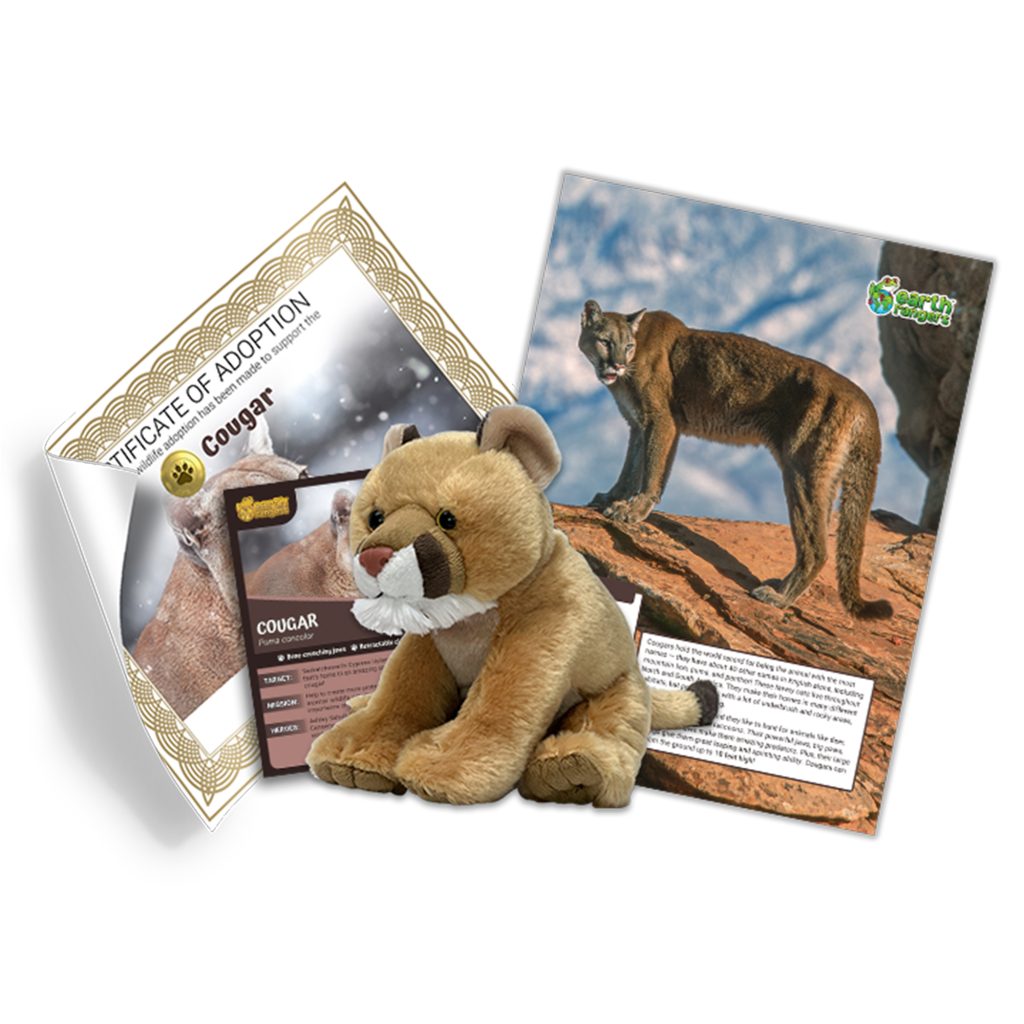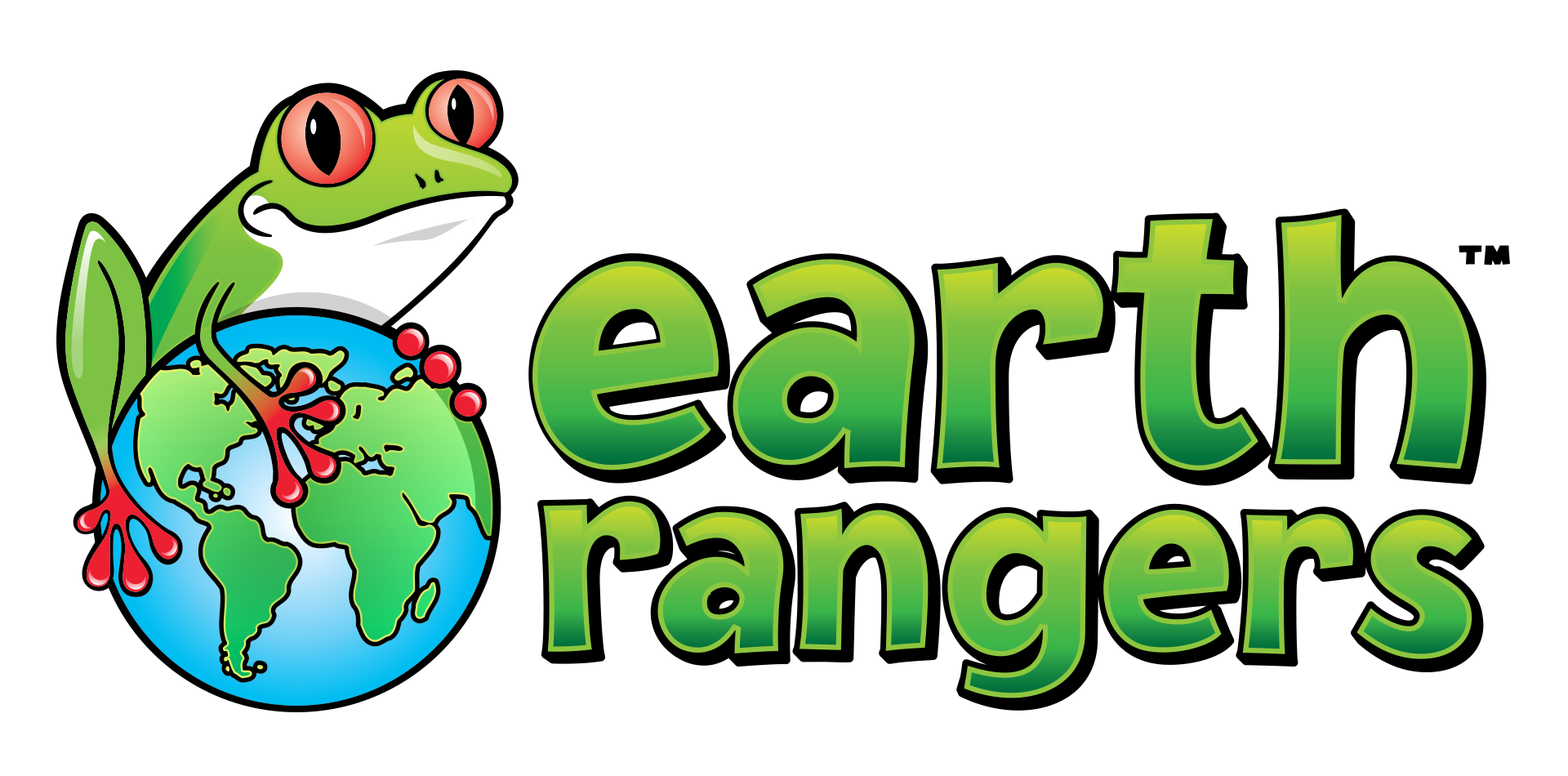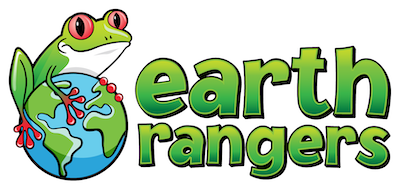
Hi! My name is Ashley Sahulka, and I work for the Nature Conservancy of Canada (NCC) in Saskatchewan.
NCC is a group that protects nature in Canada. We keep the land, water, and animals safe by taking care of special places.
Saskatchewan is a beautiful province full of forests and prairie grasslands. But some of these natural areas are disappearing. People are building cities in these places. They’re also farming, logging, and mining in animal habitats.
I work in a very special area called the Cypress Uplands in the southwest part of Saskatchewan. It has forests, grasslands, and wetlands all in one place! These different habitats are important because they give animals food, shelter, and a safe place to live.
Millions of years ago, during the Ice Age, huge glaciers flowed around the Cypress Uplands–but not over them! The top 100 metres of the Uplands became a nunatuk: an island surrounded by ice. This area is home to rare plants that survived the Ice Age, plus land formations that you can’t find anywhere else in the province. That’s just one of the reasons why it’s so important to protect this special area.

A Wild Cat That Lives in the Cypress Uplands
Here’s one amazing animal you can find in the Cypress Uplands: the cougar! Cougars are big wild cats. They’re carnivores: Animals that eat meat. They hunt herbivores: Plant-eating animals like deer, elk, and rabbits.
If there are too many herbivores in the Cypress Uplands, they will eat more plants than the landscape can afford to lose. That includes the rare plants that survived the Ice Age. Without enough plants, other animals have trouble finding food and shelter, and the whole ecosystem suffers.
By hunting herbivores, cougars balance nature. They prevent deer, elk, and rabbits from eating too many plants, and they give plants time to re-grow. This keeps the whole ecosystem healthy for all the species that live in it!

Cougars need a lot of space to move, find food, and raise their cubs. Sadly, their habitat is getting smaller. People are building cities in places where cougars live. Businesses are also farming, logging, and mining in cougar habitat. This makes it harder for cougars to survive.
At NCC, my team and I are working hard to protect more land in the Cypress Uplands. That way, cougars and other animals will have safe homes for generations to come!
When you adopt a cougar through Earth Rangers, you’re helping me conserve the Cypress Uplands. Visit the adoption section in the Earth Rangers App or check out the Earth Rangers Shop to adopt your own cougar!

How I’m Protecting Cougars
We check on forests, grasslands, and creeks to make sure they’re healthy. If we find damage, we plan ways to fix it. We also count different plants and animals to keep track of how they’re doing.
We also hold fun events to teach people why nature is important. Plus, I write reports about all the work we’re doing. It’s a lot of work, but it helps nature stay strong!
By protecting the Cypress Uplands, we’re not just helping cougars. Healthy ecosystems provide clean air and water, along with parks and trails for people to have fun outdoors. By protecting Saskatchewan’s natural land, we make sure that future generations can see cougars, enjoy prairies and forests, and live on a healthy planet.

How You Can Protect Cougars
You don’t have to be a grown-up to protect cougars! Here are five simple things you can do:
- Learn about nature!
The more you know about cougars and the land they live on, the more you can protect them. You can read books, watch videos, or visit places like nature centres and museums to learn more!
- Teach other people!
Share what you learn with your friends and family. When people know how important it is to protect nature, they can help, too!
- Support NCC!
You can raise awareness about what NCC does. You can also fundraise for NCC’s projects. Plus, if you bring a grown-up along, you can even volunteer with us to protect wildlife and nature!
- Respect wildlife!
We all love to go outside! But when you head out on an adventure, remember to respect nature. Stay on trails, don’t disturb animals, and leave the land the way you found it. This keeps the ecosystem healthy and safe for wildlife, including cougars!
- Adopt a cougar!
When you adopt a cougar from Earth Rangers, you’re helping us conserve the cougars that live in the Cypress Uplands. As a thank you, you’ll receive a cute and cuddly plush toy, an adoption certificate, a trading card, and a poster full of fun facts for your bedroom wall or your bulletin board. Check out the adoption section in the Earth Rangers App to get started!

Want to Work in Conservation One Day?
If you love nature and want to protect it when you grow up, there are many exciting paths you can take!
You can start by learning as much as possible about the environment, animals, and ecosystems. You can read books, watch documentaries, or volunteer with local nature organizations to get hands-on experience.
But one of the best ways to learn is to get outside and explore nature on your own. Go on hikes, watch animals, or even keep a nature journal to write about what you see.
As you get older, you can study subjects like biology, ecology, and environmental science in school. That will help you understand how nature works and how to protect it.
Working with organizations like NCC means doing research, educating people, and restoring land. Being passionate about nature, staying curious, and getting involved with local conservation–all of this can help you become a conservationist one day. Maybe you’ll join me in the Cypress Uplands, and we’ll protect cougars together!

Want to learn more about cougars? Leave a comment with your questions for Ashley! She’ll answer some in a future Wild Wire blog post!



It’s cool that plants survived the ice age there.
Bruh I see a forest that looks yellow